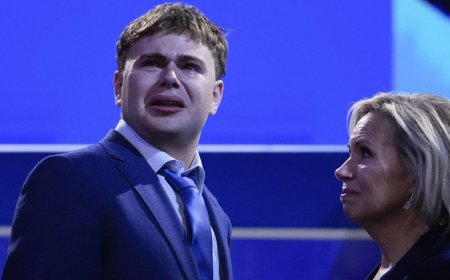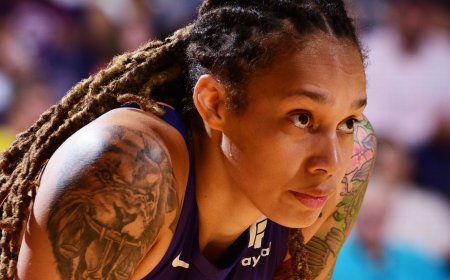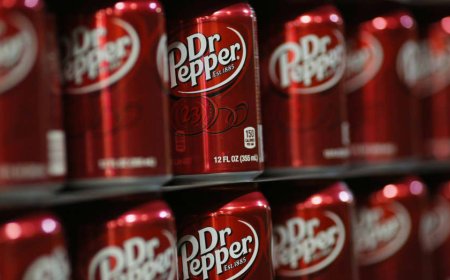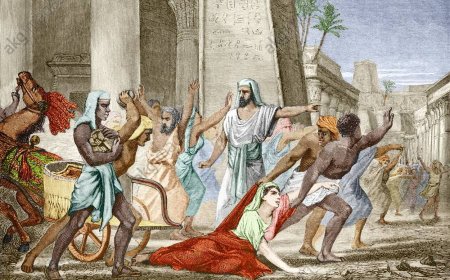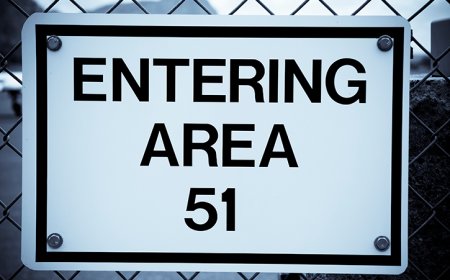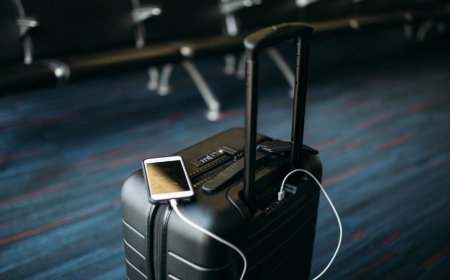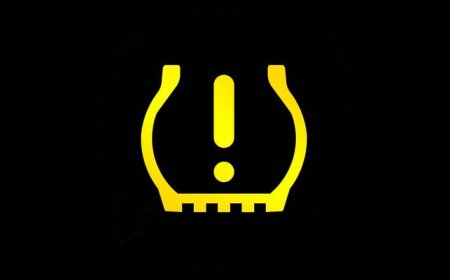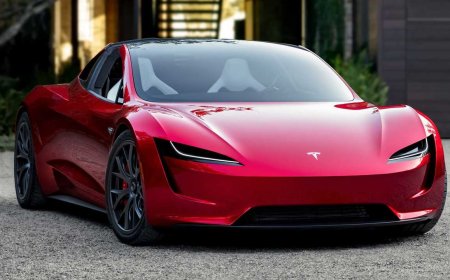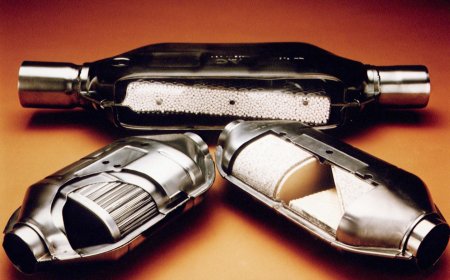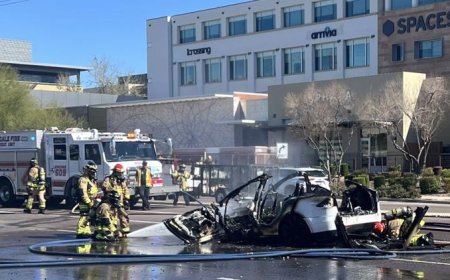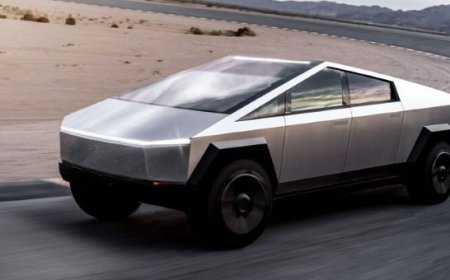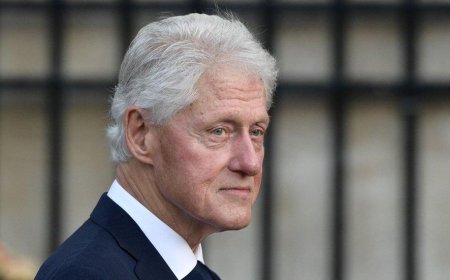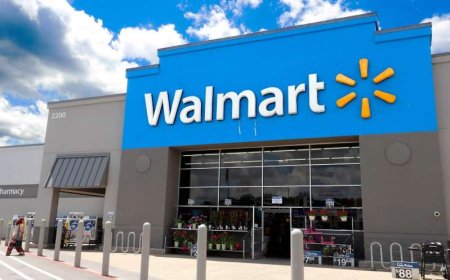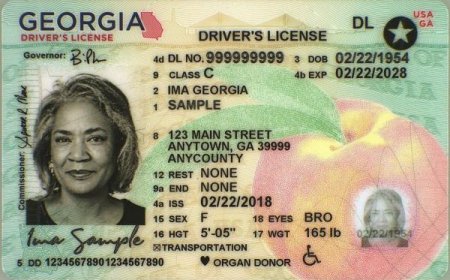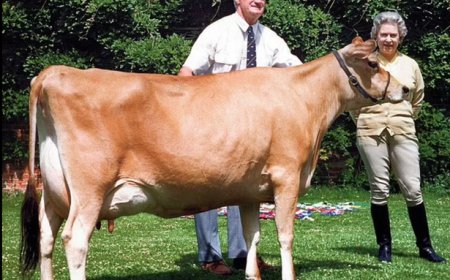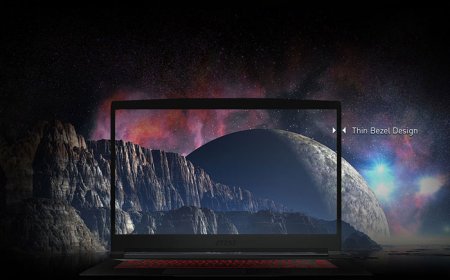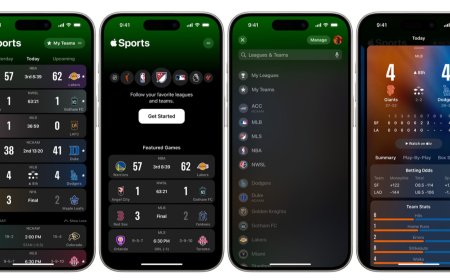A Look Back at Bill Clinton's 4-Decade History of Making DNC Speeches
Explore the four-decade history of Bill Clinton's speeches at the Democratic National Convention (DNC). Discover how Clinton's oratory shaped the Democratic Party and American politics.
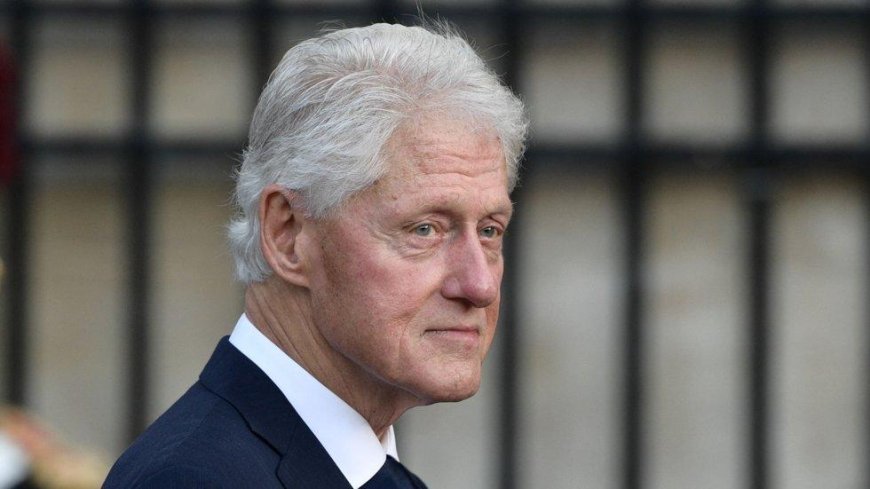
A Look Back at Bill Clinton's 4-Decade History of Making DNC Speeches
Introduction
Bill Clinton, the 42nd President of the United States, has been a central figure in American politics for more than four decades. His contributions to the Democratic National Convention (DNC) have been particularly significant, with his speeches often setting the tone for the party's direction and galvanizing support during crucial election cycles. Clinton's ability to communicate complex ideas with clarity and connect emotionally with audiences has made his DNC addresses some of the most memorable in modern political history. This article takes an in-depth look at Bill Clinton's history of making DNC speeches, exploring the context, content, and impact of each major address.
The Early Years: Establishing a National Profile (1980s)
Bill Clinton's journey to the national stage began in the early 1980s. As the young Governor of Arkansas, he was already making waves within the Democratic Party for his innovative ideas and dynamic leadership. His first major appearance at the DNC came in 1988 when he was chosen to nominate Michael Dukakis as the Democratic presidential candidate. This speech, however, did not go as planned.
The 1988 DNC Speech
Clinton's 1988 DNC speech was intended to be a breakout moment, but it ended up being more notable for its length than its content. Clinton spoke for 33 minutes—much longer than expected—and the speech was met with polite but restrained applause. The media panned the speech, and Clinton himself acknowledged its flaws. However, the experience was a learning opportunity that would shape his future public speaking engagements. The most memorable moment came at the end when Clinton quipped, "In closing..." to which the audience erupted in applause and laughter, revealing his ability to connect with the crowd despite the rocky start.
The Defining Moment: Securing the Nomination and the Presidency (1992)
By 1992, Bill Clinton had emerged as the Democratic Party’s frontrunner for the presidency. The 1992 Democratic National Convention in New York City was a pivotal moment in his career. Clinton’s speech was not just a routine nomination acceptance—it was a defining statement of his political philosophy and a clarion call for change in America.
The 1992 DNC Speech
Clinton’s 1992 DNC speech is often remembered for his emphasis on "Putting People First," a theme that resonated deeply with voters who were frustrated with the economic downturn and the perceived disconnect between Washington politicians and ordinary Americans. He spoke passionately about creating jobs, improving education, and reforming healthcare—issues that were at the heart of his campaign. Clinton also highlighted his personal background, portraying himself as a "New Democrat" who understood the struggles of working-class families.
The speech was a resounding success, not just in the hall but across the nation. It helped to solidify Clinton’s image as a candidate of change and contributed to his eventual victory over incumbent President George H.W. Bush. The phrase "It’s the economy, stupid," which became a mantra of his campaign, was reinforced in this speech, underscoring Clinton's focus on domestic issues.
Reelection and Reaffirmation: Solidifying the Legacy (1996)
After a successful first term, Clinton returned to the DNC stage in 1996 to accept the nomination for a second term. This time, he spoke as a seasoned president with a record to defend and a vision for the future.
The 1996 DNC Speech
Clinton’s 1996 DNC speech was a reflection of his first term’s accomplishments and a forward-looking message aimed at continuing the progress. He spoke of the economic boom that had taken place under his administration, highlighting the creation of 10 million jobs, a reduction in the deficit, and the expansion of educational opportunities. The theme of "Building a Bridge to the 21st Century" captured the spirit of optimism and progress that defined his campaign.
The speech was also notable for its focus on inclusion and unity, themes that were particularly important in a rapidly changing America. Clinton emphasized the need to prepare the country for the challenges of the new millennium, advocating for policies that would ensure prosperity and opportunity for all Americans.
The Elder Statesman: Supporting Democratic Successors (2000s and Beyond)
Even after leaving office, Bill Clinton remained an influential voice within the Democratic Party. His speeches at the DNC in the 2000s demonstrated his continued relevance and his ability to unite the party, particularly during times of transition and uncertainty.
The 2000 DNC Speech
In 2000, Clinton was in the final months of his presidency, and his DNC speech in Los Angeles was both a farewell and a rallying cry for the party to support Vice President Al Gore. Clinton spoke of the achievements of his administration, including economic growth, welfare reform, and improvements in education. He urged Democrats to build on these successes by electing Gore, framing the election as a choice between progress and the potential rollback of the gains made during his presidency.
The 2008 DNC Speech
The 2008 DNC was a historic moment for the Democratic Party, as it nominated Barack Obama as its presidential candidate. Clinton’s speech was crucial in healing the rift within the party caused by the intense primary battle between Obama and Hillary Clinton. Despite the contentious primary season, Bill Clinton delivered a powerful endorsement of Obama, highlighting his readiness to lead and his commitment to the values that Clinton himself had championed.
In this speech, Clinton drew on his own experience as a young, relatively unknown candidate in 1992, drawing parallels between his campaign and Obama’s. He spoke of the need for a new generation of leadership and framed Obama as the right person to carry the torch forward. The speech was widely praised for its unifying message and its effective endorsement of Obama.
The 2012 DNC Speech
Bill Clinton’s 2012 DNC speech is often regarded as one of his best. In this address, he passionately supported President Obama’s bid for a second term, systematically debunking Republican criticisms and making a clear, logical case for why Obama deserved another four years. Clinton’s ability to explain complex policy issues in simple, relatable terms earned him the title of "Explainer-in-Chief."
The speech was a masterclass in political communication, blending facts with emotion and rallying the Democratic base. Clinton’s endorsement was seen as a crucial factor in Obama’s reelection, as he effectively countered the Republican narrative and reminded voters of the progress made under Obama’s leadership.
The Legacy of Bill Clinton’s DNC Speeches
Bill Clinton’s speeches at the Democratic National Convention over the past four decades have not only marked important moments in his own political career but have also significantly influenced the direction of the Democratic Party. His ability to connect with audiences, articulate a clear vision, and rally the party around a common purpose has made his DNC addresses some of the most memorable in recent history.
Clinton’s legacy as a speaker at the DNC is multifaceted. He has been a voice of hope and change, a defender of progress, and a unifier in times of division. His speeches have often served as a barometer of the Democratic Party’s priorities and have helped to shape the narrative of American politics for generations.
Conclusion
Bill Clinton's four-decade history of making speeches at the Democratic National Convention reflects his enduring influence in American politics. From his early days as a young governor to his role as an elder statesman, Clinton’s speeches have left an indelible mark on the Democratic Party and the nation. As we look back on these moments, it’s clear that Bill Clinton’s oratory skills and his ability to connect with the American people have played a pivotal role in the successes of the Democratic Party over the years.
What's Your Reaction?







